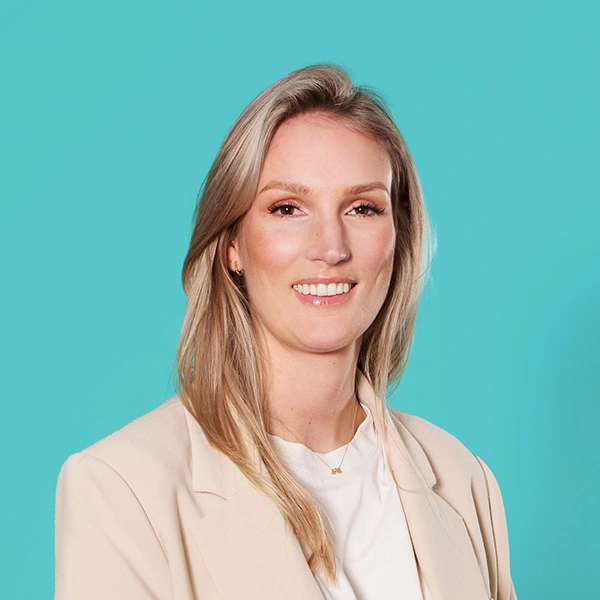An analysis by Altares Dun & Bradstreet among 350 end decision makers, shows that one in six end decision makers does not care if a business relation launders money as long as the payment obligation is met. David Verheecke, Managing Director Benelux, finds this alarming.
Quarter of senior executives enter into business relationship based on gut feeling
Rotterdam, 3 June 2021 - Nearly one in six (15%) end decision makers do not care if a business relation commits fraud or launders money, as long as they meet their financial obligations to the organization. This is evident from research by business data specialist Altares Dun & Bradstreet, carried out among 350 employees who are final decision-makers within their field of work. It is striking that women are much more likely to be guided by their ethical compass. Only ten percent of them consider the company wallet more important than the ethical behavior of their business relations, this percentage is almost twice as high among men (19%).
Gut feeling is preferred over numbers
When entering into a business relationship, for a quarter of those with final responsibility, their gut feeling is the most important. They prefer to base their decision about whether or not to enter into the relationship on their gut rather than on facts. Where women are more often portrayed as feeling people than men, in this matter it is the other way around. 31 percent of the men find the relationship more important than the facts, where this is only 20 percent of the women.
Background information important
Despite the above, end-users place great value on background information of a business relationship. For example, three-quarters (74%) believe it is important to know exactly which individuals and companies a (potential) business relationship works with. Another 77 percent believe that their organization should make a risk assessment of their (potential) business relationship.
David Verheecke, Managing Director Benelux and Group COO at Altares Dun & Bradstreet: "We are shocked that such a large proportion of the final decision-makers do not consider the ethical compass when choosing a business relationship or make their choice on a gut feeling. Nobody can see into a crystal ball, but a good indication of the financial health and ethical conduct of potential business relations, give greater security for a good cooperation. It is not only important to focus on this with potential business relations, it is also important to keep a finger on the pulse with existing relations at all times via a monitoring tool."
Lees het hele onderzoeksrapport here.
